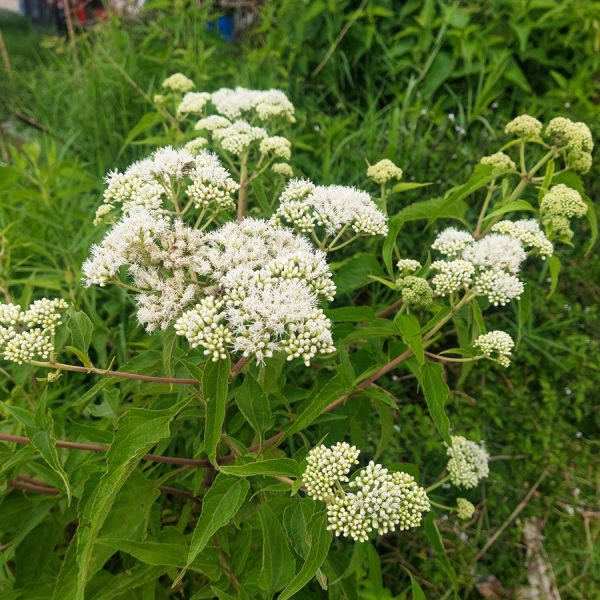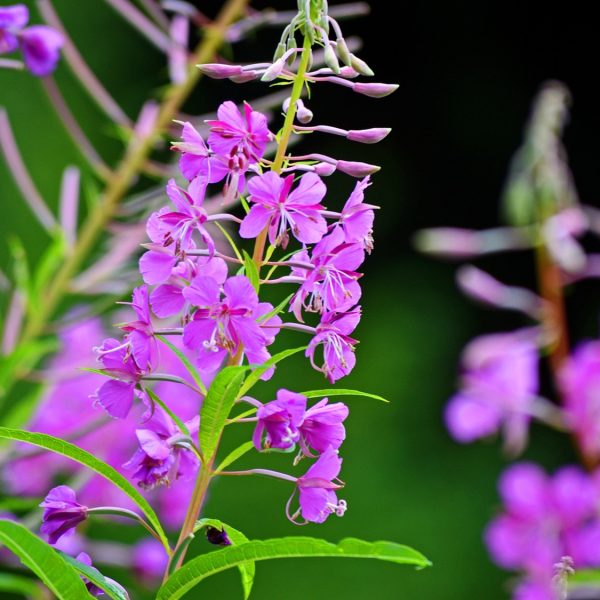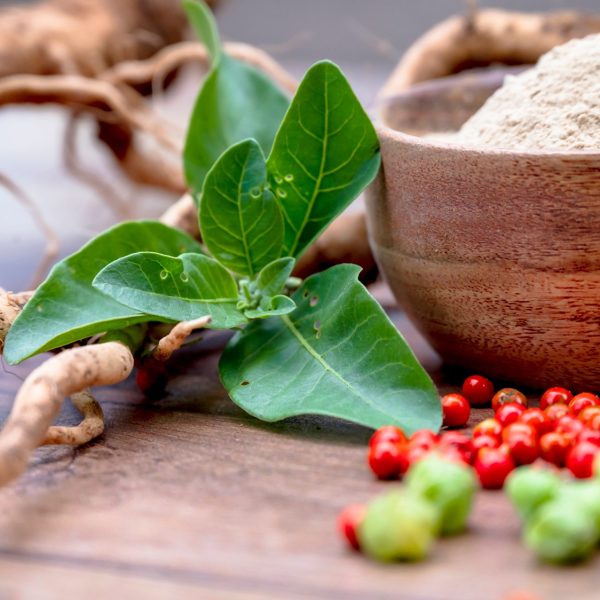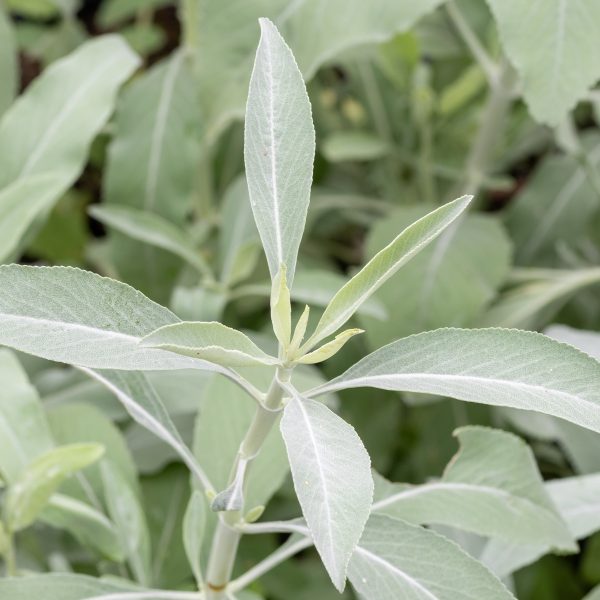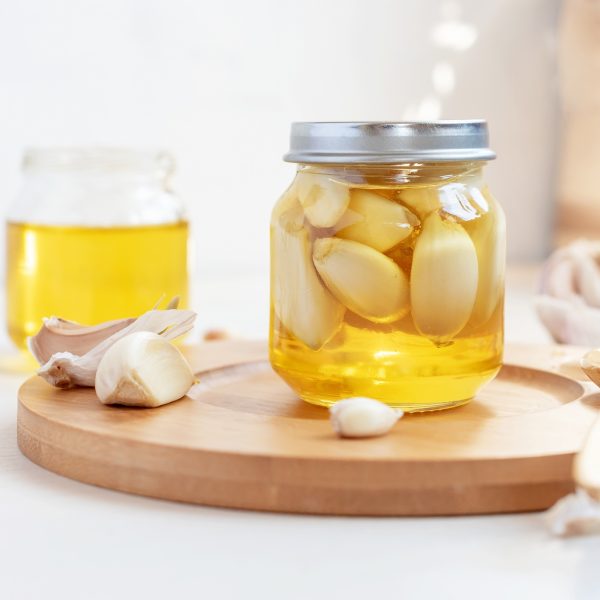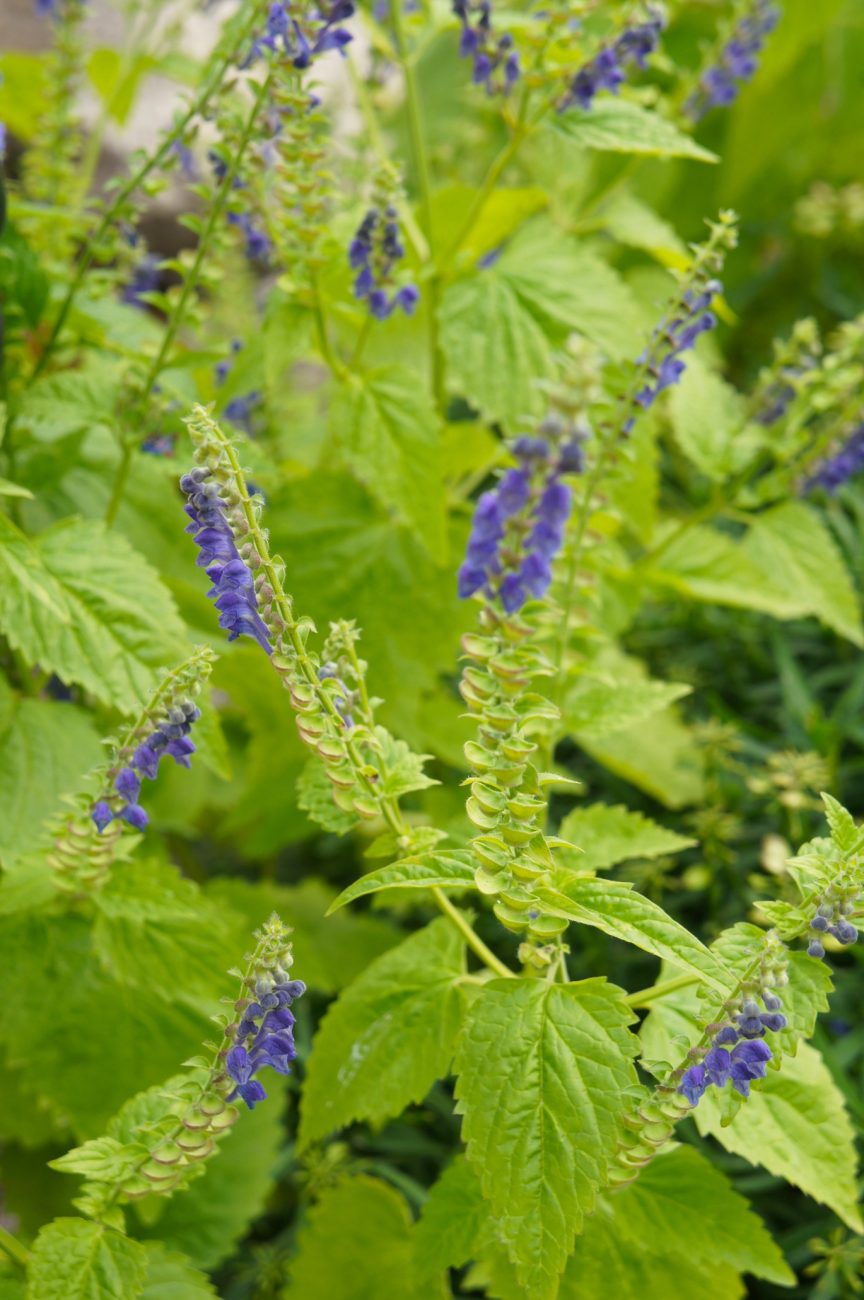
Skullcap is a herb recognised for its sedative and anxiolytic effects. We summarise a skullcap study that demonstrates the efficacy of 400mg daily skullcap supplementation in the treatment of primary insomnia.
In this article, we summarise the paper, Efficacy and tolerability of a chemically characterized Scutellaria lateriflora L. extract-based food supplement for sleep management: A single-center, controlled, randomized, crossover, double-blind clinical trial (1).
Plant name and species
Skullcap (Scutellaria lateriflora)
Aim of study
The aim of the study was to explore the use of a S. lateriflora extract-based food supplement to assess whether it improved sleep in volunteers with diagnosed primary insomnia. Primary insomnia is where sleep is disturbed sufficiently to cause fatigue and dysfunction the next day, but it is not a sleep problem that results from a separate underlying medical condition (secondary insomnia).
Study method
The study was placebo-controlled, randomised, crossover, and double-blind with both physicians and subjects blinded.
The primary outcome was sleep using the Pittsburgh Sleep Quality Index (PSQI) which assesses sleep quality, duration, disturbances and daytime dysfunction, giving a score ranging from 0 to 21, where 0 is healthy and above 5 is disrupted sleep.
Secondary outcomes included a sleep diary kept for the study duration of 154 days in total. This recorded parameters such as total time in bed, sleep latency (how long the participant thought it took to fall asleep) and other measures.
Participants also used a daily visual analog scale (VAS) tool to monitor how refreshed they felt upon waking.
The phases of the study including a wash-out were as follows:
- T0 Start (skullcap versus placebo)
- T1 28 day mid-point
- T2 56 day end of phase 1
- Wash-out 28 days
- T3 Start with groups crossed-over
- T4 28 day mid-point
- T5 56 day end of phase 2
In the paper the authors do not consistently label their phases “T” or “t” in their write-up or on their graphs. Statistically they compare the changes in parameters over time at t=0 versus t=1 (56 days) versus t=2 (112 days), for both skullcap and placebo. They express their results as time effects and treatment effects.
Herbal preparation
Capsules were prepared and contained 400 mg Scutellaria lateriflora dried extract (standardised to contain 10% baicalin). The placebo capsules were identical. Participants took one capsule per day.
Sample size
Sixty-six participants with diagnosed primary insomnia were included, aged between 18 and 70 years of either sex. They had primary insomnia for at least one month, but were only included if they did not suffer from anxiety or depression.
Results of study
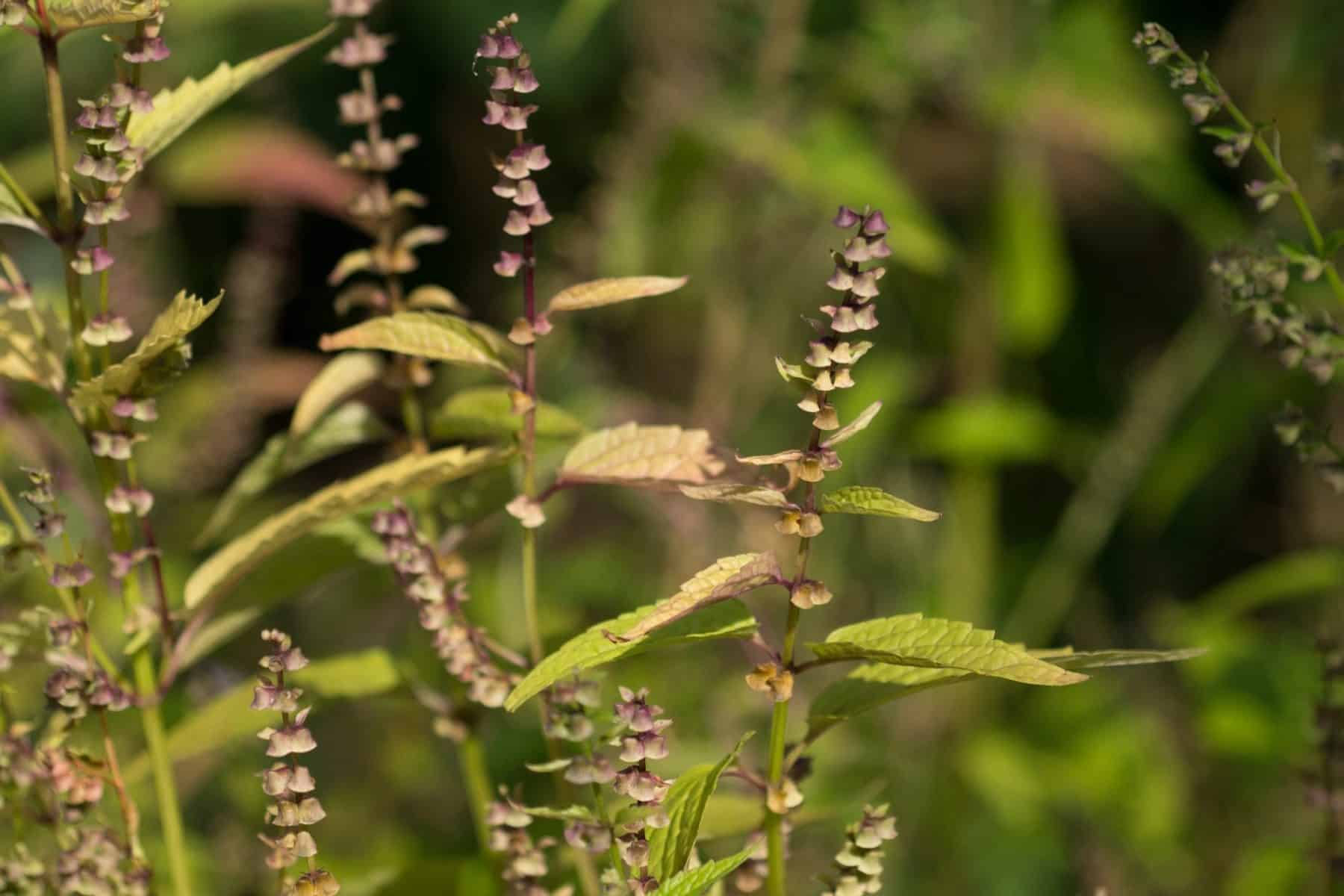
Thirty-three participants completed the study having taken both skullcap and a placebo in a cross-over design. The characteristics of the two groups taking the herb and placebo in the different combinations were similar. The PSQI indicated the presence of insomnia at baseline with scores of 11–13 across both groups, with total sleep time lasting between four and five hours on average.
The graphs presented in Figure 2 in the paper show a significant improvement in PSQI, sleep onset latency, sleep effectiveness, total sleep time and VAS (feeling refreshed) following skullcap supplementation. The PSQI score decreased several points but did not go below the threshold value of five, which indicates that sleep is good quality.
Subjects did record improvements in sleep onset latency (time to fall asleep), total sleep time, and improvements to the VAS (waking feeling refreshed) scores. But there was not a significant improvement in overall sleep efficiency for Skullcap compared to the placebo.
The results also show a time effect with a statistically significant effect of “measurement” – i.e. depending on the order that the participants took the capsules.
Those that took skullcap first also saw improvements in their second phase when they’d crossed over onto the placebo — possibly due to a carry-over effect of the herb during the study. Similarly for the subjective sleep diary data and VAS cores, there were similar patterns of results with effects from a carry-over to the second part of the study.
There were no adverse events reported during the study for either skullcap or the placebo.
Discussion

A food supplement based on blue skullcap (Scutellaria lateriflora) extract given for 56 days significantly improved sleep quality and sleep parameters in individuals recruited with primary insomnia compared to a placebo. Insomnia was diagnosed using the standard PSQI questionnaire that measures seven sleep variables.
However, the statistical tests also showed a time effect with improvements that also occurred in the placebo phases, suggesting there was a carry-over effect of the herb. This may also suggest there was a placebo effect of the herb although the prepared placebo was indistiguishable.
The data showed that “age” was also a significant factor and influenced the PSQI results and other sleep parameters. There was a slight imbalance in the number of older females between the two groups, and this may have had a subtle effect on the results as older women experience more sleep disturbances than those who are younger. With the low numbers of participants the authors presumably could not break down the analyses further by gender and age.
The authors completed a chemical profile of skullcap and standardised the supplement to 10% baicalin. The herb contains a host of other phytochemicals including flavonoids and phenolic acids. Whether these compounds are retained within the body to produce the carry-over effect is not clear but does seem unlikely. The washout of 28 days seemed reasonable but perhaps could have been longer. The paper did not record nutrition or the consumption of herbal teas which may have confounded the results. Other studies have reported carry-over effects of skullcap in sleep studies (2).
Conclusion
A food supplement based on S. lateriflora extract is a safe and effective strategy for restoring the sleep in individuals with primary insomnia. Further research could focus on skullcap in patients with primary insomnia as well as sleep disturbances that arise from other underlying medical causes.
Future studies should also monitor herbal tea consumption and diet, and perhaps combine subjective sleep diaries with Fitbit or similar devices that track sleep-wake cycles, as the newer models offer reasonably robust monitoring of sleep in the home.
References
- Di Minno A, Morone MV, Buccato DG, De Lellis LF, Ullah H, Piccinocchi R, Cordara M, Larsen DS, Di Guglielmo A, Baldi A, Piccinocchi G, Xiao X, Sacchi R, Daglia M. Efficacy and Tolerability of a Chemically Characterized Scutellaria lateriflora L. Extract-Based Food Supplement for Sleep Management: A Single-Center, Controlled, Randomized, Crossover, Double-Blind Clinical Trial. Nutrients. 2025 Apr 28;17(9):1491. https://doi.org/10.3390/nu17091491
- Brock C, Whitehouse J, Tewfik I, Towell T. American Skullcap (Scutellaria lateriflora): a randomised, double-blind placebo-controlled crossover study of its effects on mood in healthy volunteers. Phytother Res. 2014 May;28(5):692-8. https://doi.org/10.1002/ptr.5044

